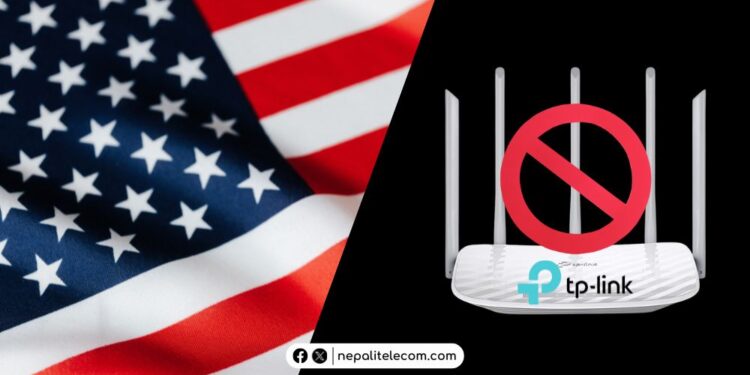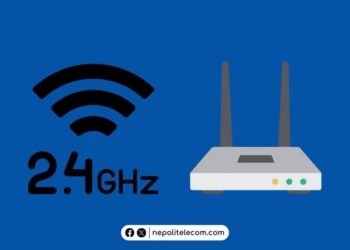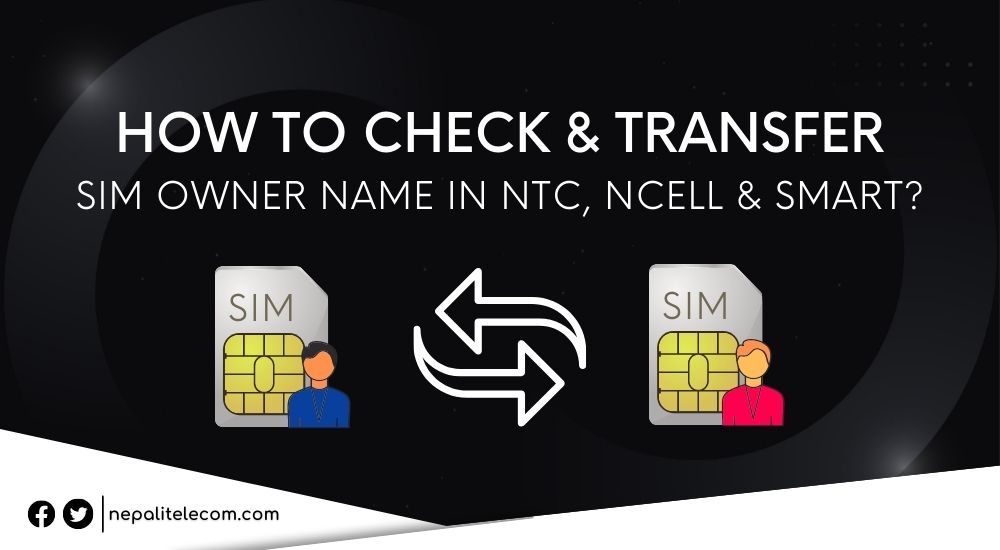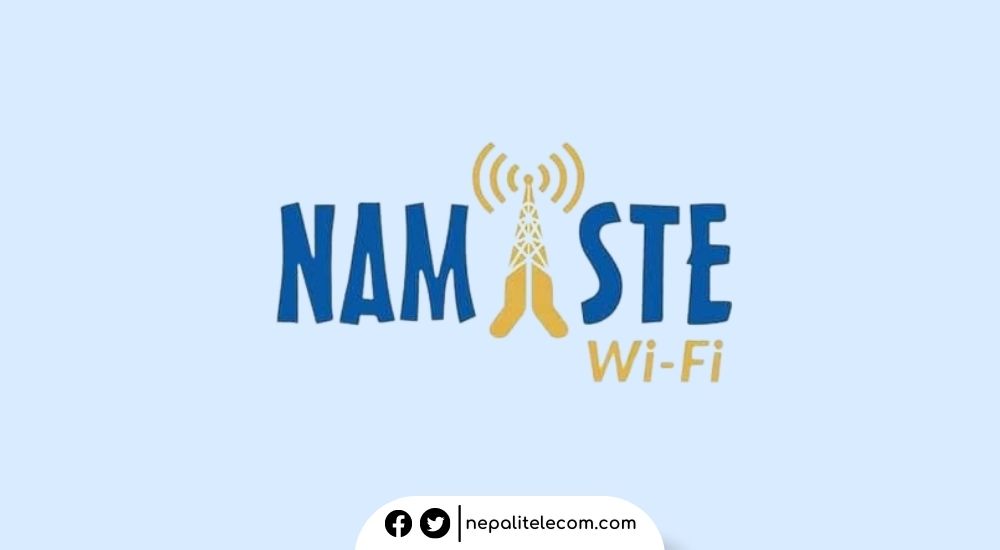Various US agencies have backed a proposed ban on TP-Link routers over national security concerns. According to reports, the Department of Justice, Homeland Security, and Defense etc. have shown their approval to pull the firm’s WiFi routers from the US.
Earlier, the US Commerce Department proposed to impose a ban on TP-Link routers in the country. It hasn’t moved further to implement the ban. However, the environment is growing unfavorable for the Chinese gear maker. To proceed with the bank, the Commerce Department first needs to notify TP-Link of its decision to ban its routers. The company then has 30 days to decide whether to ban the company’s hardware or reverse its decision.
Also: 4 Undeniable Reasons You Should Upgrade to a Dual-Band WiFi Router
Why US could impose a ban on TP-Link routers?
The US is discussing a proposal to ban TP-Link routers because it thinks TP-Link’s close ties to China could pose national security risks. US government agencies have maintained that TP-Link routers can be used for spying and hacking. It’s feared that the Chinese government could force TP-Link to lend a hand in spying on American firms.
But while the clampdown on the routers is possible, it’s on hold now. This could be attributable to the ongoing US-China trade talks and the possibility of positive negotiations.
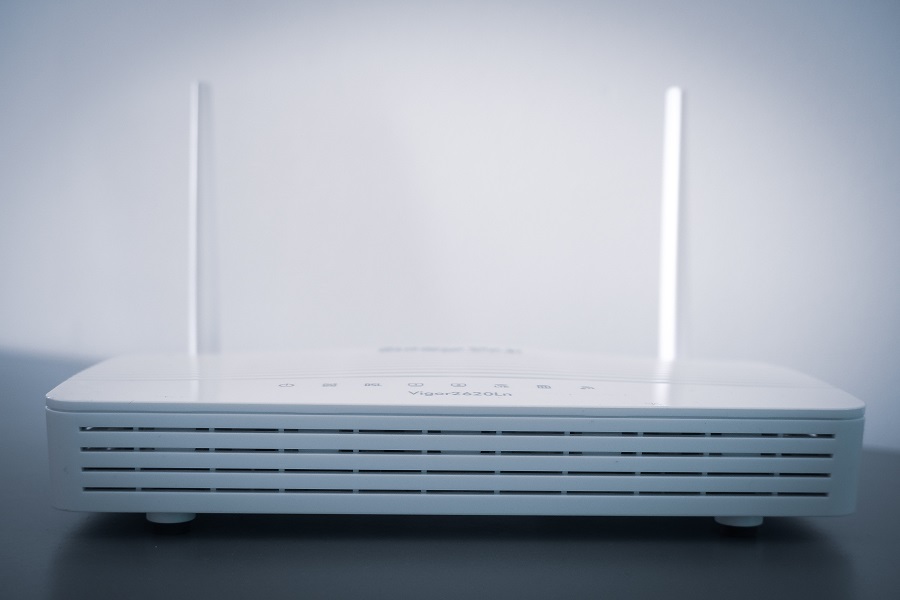
Anyway, there is no direct evidence of any spying or hacking attempt via TP-Link routers from the Chinese government. If you think you are under a security risk from using a particular router, you need to be extra careful. Do consider these tips to use free public WiFi safely.
See: How to Change the WiFi Internet Password of Your Router? [2025]
What does TP-Link have to say on US concerns?
TP Link has rejected US concerns of TP-Link use in spying, dismissing them as unfounded. The company has likened the concerns to misinformation.
What’s also worth noting is that TP-Link runs its operations from Irvine, CA. The company entered the US in 2008 but turned into TP-Link Systems Inc., based in Irvine, CA. So, that kind of backs up that it’s independent from Chinese influence.
“As a US company, no foreign country or government—including China—has access to or control over the design and production of our products,” TP-Link Systems earlier said after the voice grew to ban the company’s routers in the US.
“To be clear, TP-Link is not a state-sponsored company, has no ‘deep ties’ to, and is completely independent from, the Chinese Communist Party,” TP-Link shared. “The allegation that bad actors from China used our routers for cyberattacks is misleading and disingenuous—routers made by many companies have been targets of attacks.”
A similar conflict is ubiquitous over the TikTok app operation in the US. The broader conflict here could be the mistrust and a desire to maintain a technological edge between the two.


